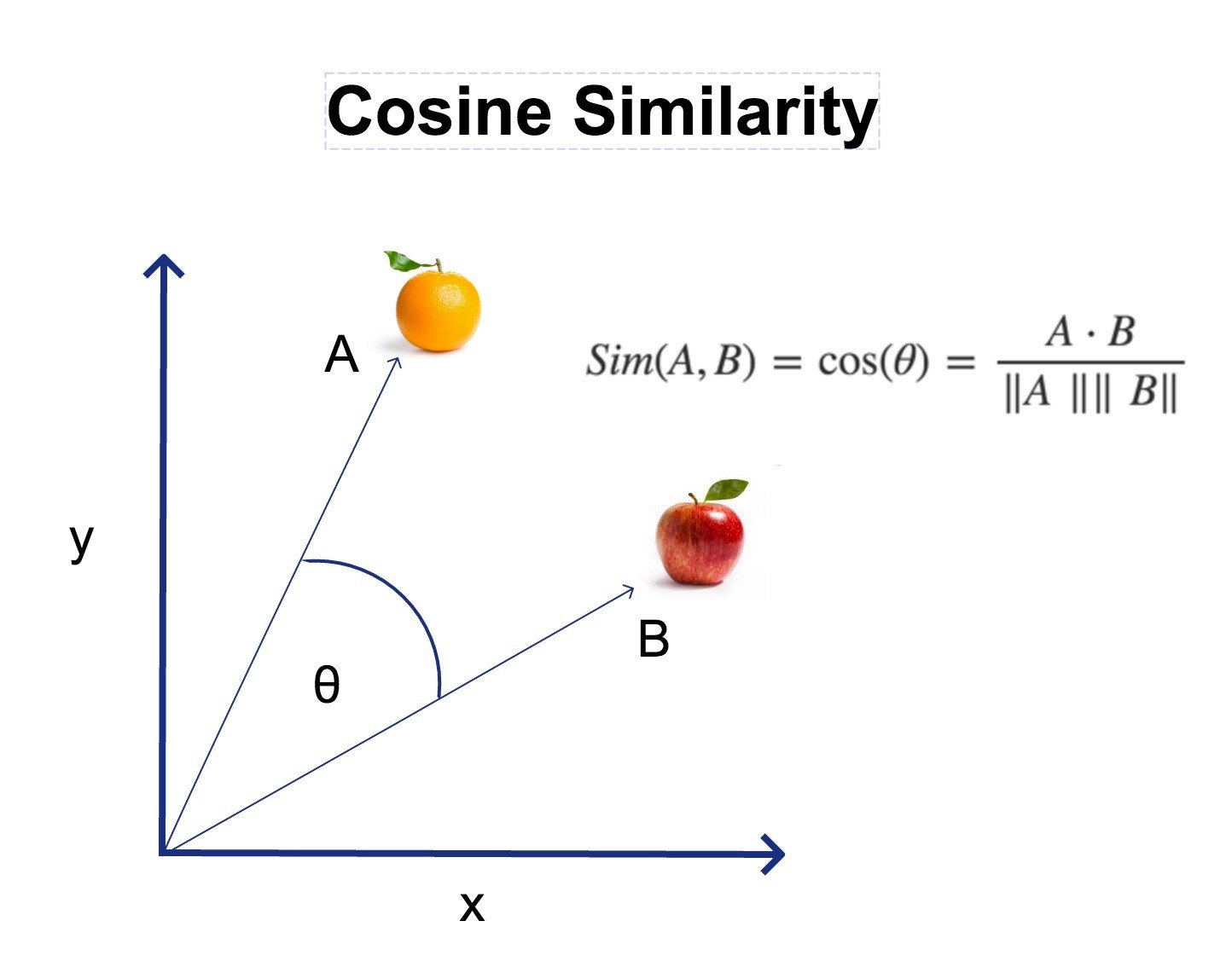A Comprehensive Guide to thestudypoints
Welcome to an in-depth guide on [thestudypoints]! Whether you’re a student looking to improve your learning habits, a teacher searching for better ways to engage students, or a lifelong learner trying to stay on top of new knowledge, this article is designed to help. We’ll explore everything you need to know about [thestudypoints]—from effective study strategies to practical tools and resources that can make a difference in your education journey.
Learning isn’t just about memorizing facts; it’s about understanding concepts, applying them in real-life situations, and developing the ability to think critically. Throughout this article, we’ll provide expert tips and techniques to help you make the most out of your study sessions. Let’s dive into the world of [thestudypoints] and unlock the secrets to more brilliant learning!
What Are the points?
At its core, [thestudypoints] refers to a collection of practical techniques, methods, and strategies individuals can use to maximize their learning potential. [thestudypoints] helps students, professionals, and anyone interested in self-improvement access information more efficiently and retain it for extended periods.
Why Are the Points Important?
In today’s fast-paced world, learning quickly and retaining information is more valuable than ever. [thestudypoints] equips learners with the skills to:
- Improve memory retention
- Increase focus and productivity
- Develop better time management
- Build a stronger foundation of knowledge for lifelong learning
Without proper [thestudypoints], many people struggle to achieve their full potential in academics and professional life. Consider how you can implement these study techniques into your daily routine.
The Science Behind the study points
Understanding the science behind [thestudypoints] can significantly change how you approach learning. Research in psychology and neuroscience provides valuable insights into how our brains process, store, and retrieve information.
Key Scientific Concepts
- Spaced Repetition: A technique that involves reviewing information at increasing intervals to enhance long-term memory.
- Active Recall: Engaging actively with the material by testing yourself rather than passively reading or highlighting.
- Interleaved Practice: Mixing different topics or problems during study sessions to improve understanding and retention.
- The Pomodoro Technique: A time-management method that uses short, focused bursts of study time followed by brief breaks.
These methods have been proven to improve learning efficiency and are foundational to [thestudypoints].
Essential the study points Techniques
Now that we’ve covered the science, we’ll explore some practical [thestudypoints] techniques you can apply to your study routine.
- Setting Clear Goals
Setting clear and achievable goals is the first step in any successful study plan. [thestudypoints] encourages learners to:
- Define what they want to achieve in each session
- Break down large tasks into smaller, manageable steps
- Track progress and adjust goals as needed
By setting specific objectives, you give yourself a clear target and make it easier to measure your Success.
- Using Active LearSuccessrategies
Active learning is one of the most effective components of [thestudypoints]. Rather than passively reading or listening, active learning involves:
- Summarizing information in your own words
- Teaching the material to someone else
- Creating quizzes or flashcards to test your knowledge
This approach helps to deepen your understanding and reinforce the material in your memory.
- Applying Spaced Repetition
Spaced repetition is a powerful technique in [thestudypoints]. Instead of cramming all your study into one session, space out your review sessions over time. For example:
- Review new material after 1 day, then after 3 days, and again after a week
- Use apps like Anki or Quizlet that are designed for spaced repetition
Studies show that spaced repetition significantly improves long-term retention.
- Practicing Interleaved Learning
Incorporate interleaved learning by studying multiple subjects or topics within one session. For example:
- Study math for 30 minutes, then switch to science, and later return to math
- Mix up types of problems or exercises within the same subject
Interleaving helps the brain connect different pieces of information, enhancing understanding and memory.
Time Management in the study points
Effective time management is essential to [thestudypoints]. Without a clear plan, it’s easy to get overwhelmed by the material you need to cover.
The Pomodoro Technique
The Pomodoro Technique is a popular time-management method that fits well within [thestudypoints]:
- Work for 25 minutes (one “Pomodoro”), then take a 5-minute break
- After 4 Pomodoros, take a more extended break (15-30 minutes)
- Use tools like Focus Keeper or Pomodone to track your sessions
This technique helps maintain focus and prevents burnout.
Creating a Study Schedule
A study schedule can be a game-changer for effective [thestudypoints]. Here’s how to create one:
- Identify the subjects or topics you need to cover
- Allocate specific times for each topic based on priority
- Include breaks and time for review sessions
Consistency is key. Having a dedicated study schedule keeps you organized and ensures you’re covering all necessary material without rushing.
Tools and Resources to Enhance the study points
Today, countless tools and resources are designed to support [thestudypoints]. Here’s a table of popular tools and how they can help:
ToolPurposeFeatures
Anki Flashcards for spaced repetition Customizable flashcards, timed reviews
Quizlet Study aid with quizzes and games Flashcards, matching games, group study
Evernote Note-taking and organization Organized notes, multimedia support
Focus@Will Music to improve concentration Focused music channels, productivity boost
Forest Stay focused by growing virtual trees. Encourages focus with visual rewards
Google Keep Quick note-taking and reminders Simple interface, color-coded notes
These tools offer a range of features that support the various aspects of [thestudypoints]. Experiment with different options to find the best fit for your study style.
Common Mistakes to Avoid in the Study Points
Sometimes, even the best intentions can lead to poor study habits. Here are some common pitfalls to watch out for in [thestudypoints]:
- Cramming: Cramming leads to quick forgetting. Instead, use spaced repetition.
- Multitasking: Multitasking reduces focus. Stick to one task at a time.
- Studying Without Breaks: Without breaks, your brain becomes fatigued. Use the Pomodoro Technique to stay fresh.
- Passive Reading: Highlighting and re-reading can be ineffective. Try active recall instead.
Avoiding these mistakes can make your study sessions more productive and enjoyable.
Building Motivation with [Motivationints]
Staying motivated can be a challenge, especially with long-term goals. [thestudypoints] includes strategies to build and maintain motivation:
- Set SMotivationRewards: Treat yourself to a small reward after reaching a study milestone.
- Visualize Success: Picture yourself achieving your goals to reinforce positive motivation.
- Join Motivationps: Learning with others can make studying more enjoyable and engaging.
- Track Your Progress: Keeping a record of your accomplishments can boost your confidence and motivation.
You can stay committed to your learning goals by motivating these tips.
Benefits of Mastering the study points
When you successfully apply [thestudypoints] to your routine, you’ll notice a range of benefits, including:
- Improved grades and academic performance
- Increased confidence in your learning abilities
- Better retention of knowledge over time
- Greater sense of accomplishment and reduced stress
These benefits extend beyond school and can help your professional and personal life.
Conclusion: Unlocking Success witSuccesstudypoinSuccess
In summary, [thestudypoints] provides many techniques and strategies to improve learning efficiency and retention. Anyone can enhance their study skills and achieve better results by understanding the science behind learning, using practical tools, and applying proven methods like spaced repetition and active recall.
Remember, learning is a journey, not a race. Take your time, stay consistent, and continue to refine your methods. With dedication and the right approach, [thestudypoints] can empower you to reach your full potential.









Post Comment